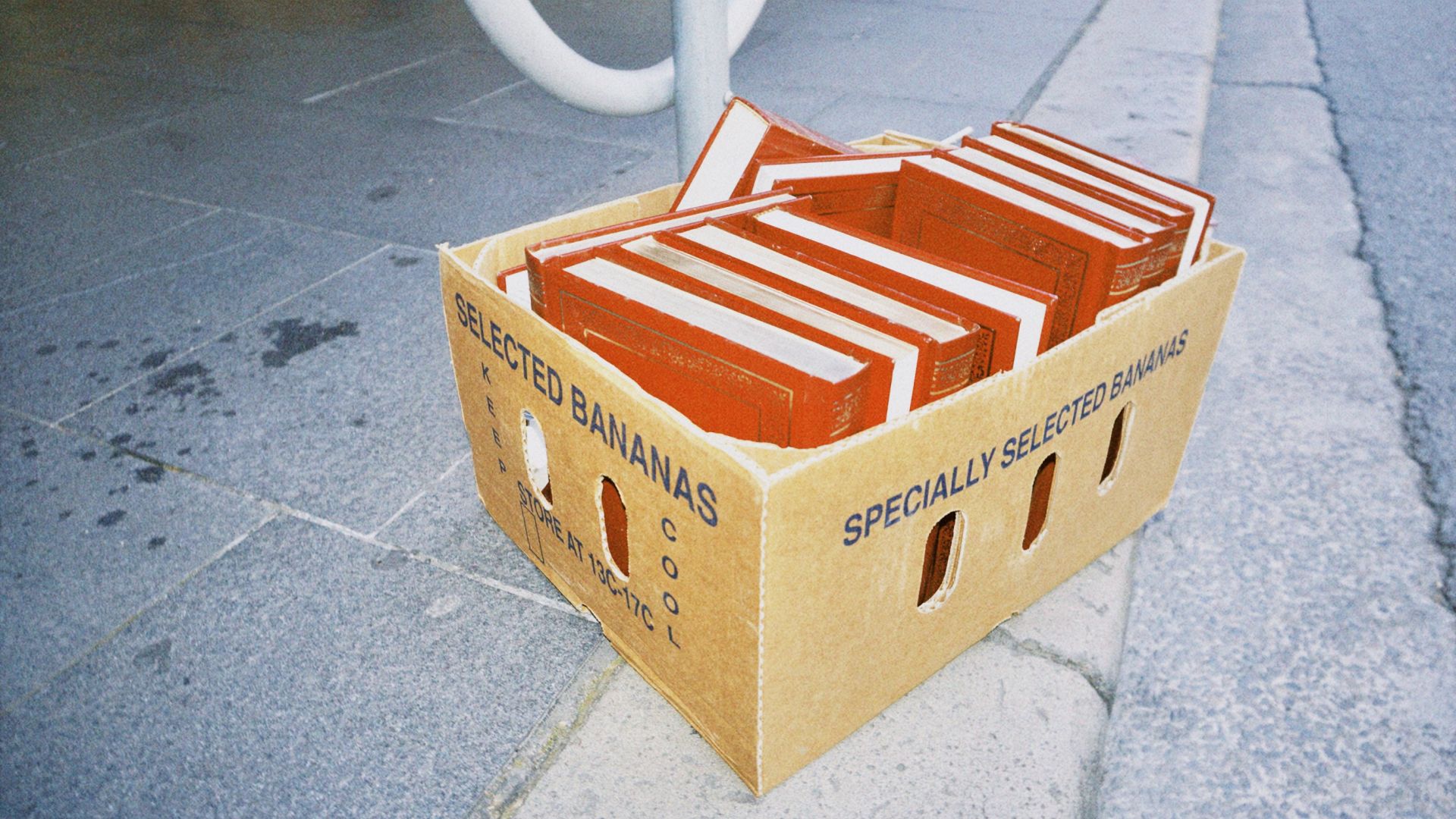Queensland University of Technology (QUT) Student Guild publication, Glass, has become the latest Australian student media outlet to suffer drastic funding cuts during a period of increasing university revenue.
The decision to reduce the budget of Glass was handed down by the university’s Student Services and Amenities Fee (SSAF) Committee, a subsection of the QUT Student Guild composed of both student representatives and professional staffers, in November last year.
The new budget of $90,000, which accounts for both production costs and editorial team salaries, signals an 18% decrease from the $110,000 allocated to Glass in 2022. Conflictingly, the overall amount of SSAF revenue collected by the QUT Guild this year is expected to reach over $2 million, signalling an increase of approximately 29%.
According to current members of the Glass editorial team, the reasons provided for the budget reduction have been largely unsupported and arbitrary.
“The decision to reduce the Glass budget had seemingly been made on the basis that previous editors failed to follow regulations – referring to poor attendance at Executive meetings by Glass editors,” a Glass spokesperson told Vertigo.
“How does punishing a future team for the mistakes of their predecessors make student lives better? The Guild has appropriate ways of dealing with the failings of Executives within their roles, but these avenues of redress were not pursued by the SRC.”
The figure handed down was also largely informed by the SSAF Committee’s calculations that the Glass editorial team, who are paid at an hourly rate, worked an average of 45 collective hours per week in 2022. The Committee factored in an extra five hours per week for the 2023 team, under the assumption that they would need time to secure advertising revenue for maximising their budget.
Glass spokespeople have stated that this figure still falls short of the weekly average of 55 hours recorded by the editorial team in 2022, or the weekly average 69 hours worked by the 2023 editorial team during their term so far.
In addition to falling short of costs associated with wages, the reduced budget also leaves Glass with insufficient funds to cater to or expand their readership.
With approximately $80,000 of their new budget being directed towards the estimated 50 hours of weekly wages, the editorial team have been left with less than half of the funds required to replicate their printed suite from 2022.
Glass maintains that even their largest printing run of 2022 - in which 2000 copies of a single issue were printed - only provided enough copies for approximately 4% of QUT students. Survey results have indicated that as much as 68% of students are interested in reading Glass.
“Apart from a very small number of magazines that we store in the office for specific purposes, all of our print magazines are distributed, read, and loved by students and the wider QUT community on campus,” Glass has told Vertigo.
The budget reduction has quintessentially put Glass editors in a position wherein they must sacrifice either the quality of their publication or their deserved wages.
For students around Australia, Glass’ budget reduction reflects shades of various dilemmas around the funding of student media. Last year, Vertigo’s budget was halved from the amount agreed upon by Vertigo editors and the UTS Students Association (UTSSA) following an unprecedented decision by members of the UTS Leadership Team to disapprove of the UTSSA’s budget allocation. Similar issues have plagued University of South Australia student publication, On Dit.
Glass will recommend that the QUT Student Guild review the budget reduction at their SRC meeting on Wednesday 25 January. They have requested a budget minimum of $110,000, equivalent to that of 2022.


 -
-